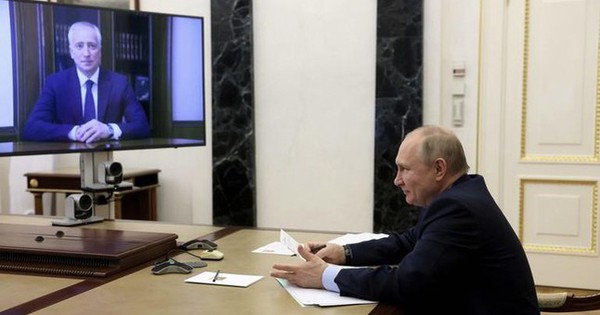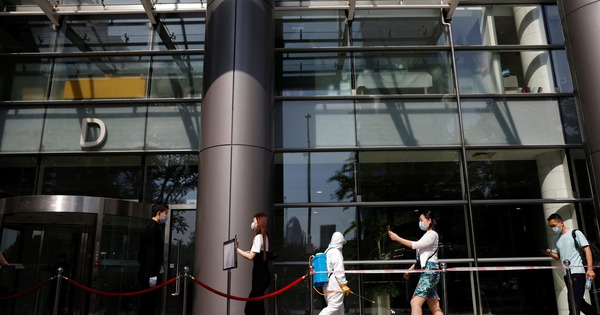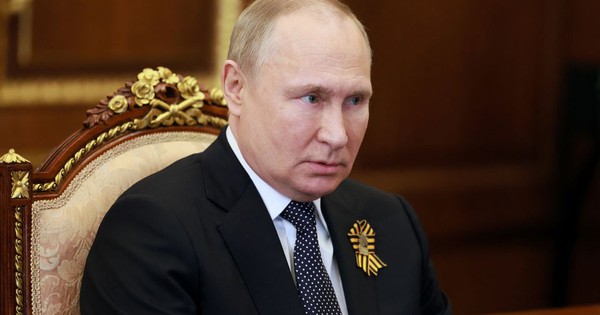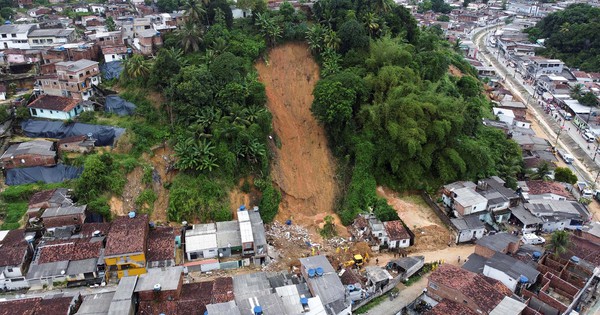Russia sets conditions with the West
The world food shortage is not Russia’s fault, but Moscow is ready to export grain and fertilizer to help defuse the crisis if the West lifts politically motivated sanctions.
Russian President Vladimir Putin said so in a phone call with Italian Prime Minister Mario Draghi on May 26 with the content focusing on measures to deal with the ongoing food crisis.
According to the radio RTPresident Putin denied that Moscow was responsible for problems with the world’s food supply.
According to the Kremlin boss, the current situation is due to disruptions in production and in supply chains, as well as Western financial policies during the outbreak of the Covid-19 pandemic. Things are made worse by sanctions against Russia imposed by the United States and the European Union (EU) over the conflict in Ukraine.
Speaking at a press conference after the phone call, Prime Minister Draghi said the purpose of this exchange was to find a way to clear the amount of grain stuck in warehouses in Ukraine. The Italian leader called on Russia and Ukraine to work together to lift the blockade of ports in the Black Sea, where wheat inside warehouses is in danger of spoiling.
Follow ReutersMr. Draghi said he will talk to Ukrainian President Volodymyr Zelensky about this issue. However, the White House said there is currently no discussion about easing sanctions on Russia in exchange for grain exports.
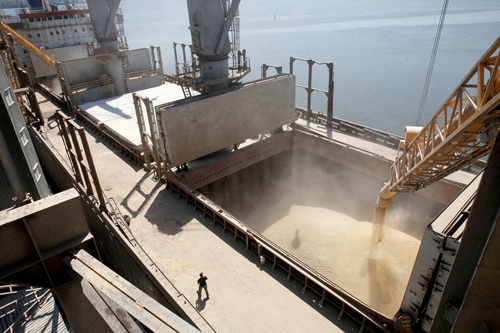
Ukraine could export up to 6 million tons of wheat, barley and corn a month before the Russia-Ukraine conflict happened Photo: REUTERS
In addition to Draghi’s move, the United Nations is working to broker a deal to ship Ukrainian grain through ports in the Black Sea. The Russian Defense Ministry also proposed corridors allowing foreign ships to leave ports along the Black Sea, as well as the port of Mariupol in the Sea of Azov.
Mikhail Mizintsev, head of the Russian Center for Defense Control, said that 70 foreign ships (from 16 countries) are present at six seaports in the Black Sea, including Odesa, Kherson and Mykolaiv. However, Mr. Mizintsev did not specify how many ships are ready to carry food.
While waiting for diplomatic steps to bear fruit, Roman Rusakov, a senior official of Ukraine’s Ministry of Agriculture, said on May 26 that the country was looking for ways to export grain by road and rail to help support the country’s economy. mitigate the food crisis.
However, according to AP, rail transport only gets a small part of food out of Ukraine. For example, trains can only carry a maximum of 60,000 tons of grain from Ukraine to Austria or Germany per month.
At the moment, Ukraine has at least 20 million tons of grain in stock, and agricultural consulting firm APK-Inform estimates there could be another 40 million tons in this summer’s harvest.
Ukrainian Ambassador to Austria Vasyl Khymynets is optimistic that Kiev can export up to 600,000 tons of grain by road a month, although this figure is still low compared to the time before the conflict (February 24, 2022). ).
At that time, Ukraine can export up to 6 million tons of wheat, barley and corn per month. However, this figure fell to 300,000 tons in March before increasing to 1.1 million tons in April. The Ukrainian government wanted to raise this figure to 2 million tons but faced many logistical challenges such as shortages. wagons, fuel, trucks…
Overcoming such obstacles could take years and billions of dollars. Rusakov admits that it is impossible to achieve this goal unless the ports in the Black Sea are no longer blocked.
Growing concerns about food security
The risk of food shortages in Brazil is higher than ever as the percentage of people who cannot afford to buy food for themselves or their families at some point in 2021 has risen to a record 36%, compared with 30% in 2019. This is the result of an analysis published by the Getulio Vargas Foundation (FGV) on May 26, based on data from a Gallup Company poll (USA).
According to FGV, this is the first time that food insecurity in Latin America’s largest food producer has been higher than the world average since this data began to be collected in 2006. Marcelo Neri, the study’s author, said food prices had risen sharply in the wake of the Russia-Ukraine conflict and called the situation worrisome.
Meanwhile, India’s Commerce Minister Piyush Goyal has announced that the country will maintain the ban on wheat exports to ensure the stability of the domestic market and limit “unscrupulous hoarding” in the world. gender.
Interview with news agency Reuters On the sidelines of the World Economic Forum in Switzerland on May 25, Mr. Goyal said that the decision will not affect the global market as India’s exports account for less than 1% of total wheat traded in the world. gender. In addition, New Delhi maintains exports to some vulnerable and neighboring countries.
The statement comes after IMF Managing Director Kristalina Georgieva urged India to review the ban introduced in mid-May. According to Ms. Georgieva, the country now plays an important role. for global food security and stability. India is the 2nd largest wheat producer in the world (after China) but does not export much.
Heroine
at Blogtuan.info – Source: nld.com.vn – Read the original article here
